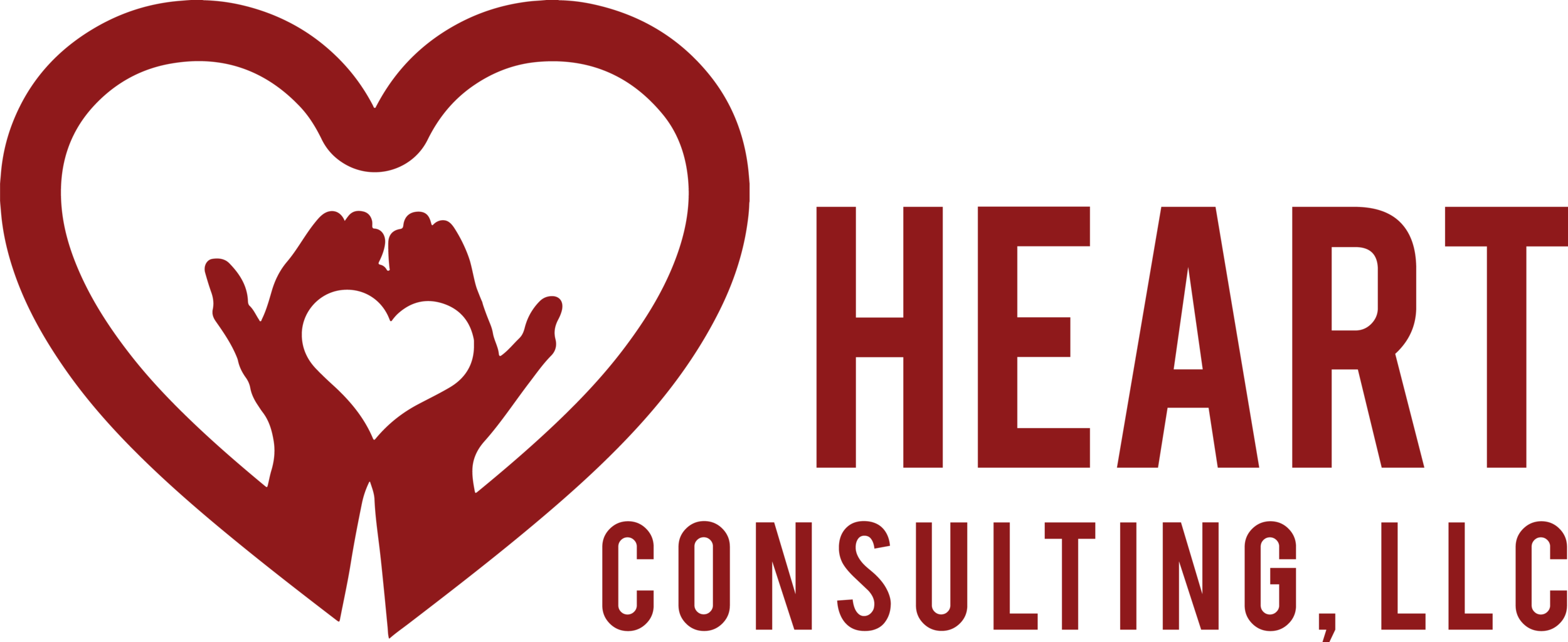Activism vs. Exclusivity
I recently read an article that actually made my jaw drop (which is no small feat, after the last year we’ve had). I’m guessing some online algorithm introduced this particular article in my feed because of my interest in gender equality, feminism, and activism. I do my best to steer clear of sites, and people, online that will only serve to frustrate or upset me, in order to preserve my mental health. So when I clicked on this link, in which I believed I was going to be reading more about trans rights, I was appalled at what I read.
“...the feminist group, which speaks out against the inclusion of trans-women as women…”
Excuse me? I had to go back and read it again. I almost wish I hadn’t.
Trans exclusionary radical feminists, also known as TERFs. The whole concept seemed like an oxymoron to me. As someone who has spent lots of time and energy advocating for gender equality, social justice, disability rights...it was difficult to comprehend. A movement that is based in the belief that all people should be treated equally, except these people that we don’t believe should be treated equally? Now my mental gears were spinning, and it got me thinking about the experiences I’ve had since working within the disability community.
Labels are meant to help us organize and sort our thoughts, feelings, and experiences. (For me, the jury is still out on whether that’s simply how our brains work, or if we’ve been conditioned to think this way, but I’ll save that for another time.) Regardless of the reasoning, labels can be very helpful at times, but very harmful in others. Sothis brings me to the controversy I’ve seen while working with people with disabilities.
Is the concept of using “high-functioning” or “low-functioning” as a way to describe a person with disabilities really that different from the exclusion I described earlier? Isn’t it only creating more separation, ultimately breaking down the power of the group as a whole? Who gets to decide what the criteria for the “high” or “low” label is? These terms only serve to further limit people who are already marginalized, instead of working to identify each individual person’s strengths and limitations. When we talk about disability as a spectrum, it’s not from good to bad, or high to low. It’s meant to serve as a way to determine what level of care or assistance someone might need. People are not more or less disabled, just as a person cannot be more or less of a woman. Someone who may be labeled as “high functioning” could be struggling with anxiety or depression trying to mask their neurodivergent qualities. Someone labeled as “low functioning” could be capable of so much if given the accommodations needed to navigate a neurotypical world.
Calling yourself an advocate, regardless of the group, means that you work towards equality for all, not just the group that you, or someone you care about, belongs to.
Jordann Mason, Community Outreach Director
